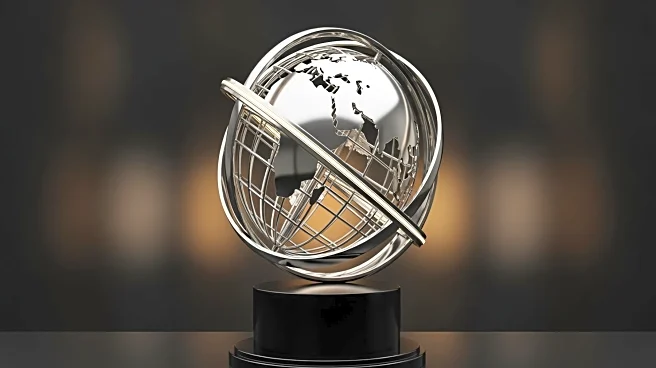What's Happening?
The African Union (AU) is supporting a campaign to replace the Mercator world map with one that accurately represents Africa's true size. The Mercator projection, developed in the 16th century, distorts land masses, making regions near the poles appear larger while shrinking Africa and South America. AU Commission deputy chairperson Selma Malika Haddadi argues that the map perpetuates the false impression of Africa's marginality, despite being the world's second-largest continent. The Correct The Map campaign, led by Africa No Filter and Speak Up Africa, advocates for the adoption of the 2018 Equal Earth projection, which more accurately portrays the relative sizes of countries and continents.
AD
Why It's Important?
The push for a new world map is significant in addressing historical inaccuracies and promoting a more accurate representation of Africa. The Mercator projection's distortions have influenced education, media narratives, and policymaking, contributing to misconceptions about Africa's size and importance. The AU's endorsement aligns with broader efforts to reclaim Africa's rightful place on the global stage, including calls for colonial and slavery reparations. Adopting the Equal Earth map could shift perceptions and narratives, impacting global education and policy frameworks.
What's Next?
The AU plans to advocate for the broader adoption of the Equal Earth map and coordinate efforts among member states. The campaign may influence educational institutions, global organizations, and technology platforms to update their map projections. The movement could gain momentum as part of wider initiatives to address historical injustices and promote accurate representations of Africa.
Beyond the Headlines
The campaign to correct the world map highlights the cultural and educational implications of cartographic representations. It underscores the importance of accurate depictions in shaping global perceptions and narratives. The initiative may contribute to broader discussions on decolonization and the reevaluation of historical narratives.










